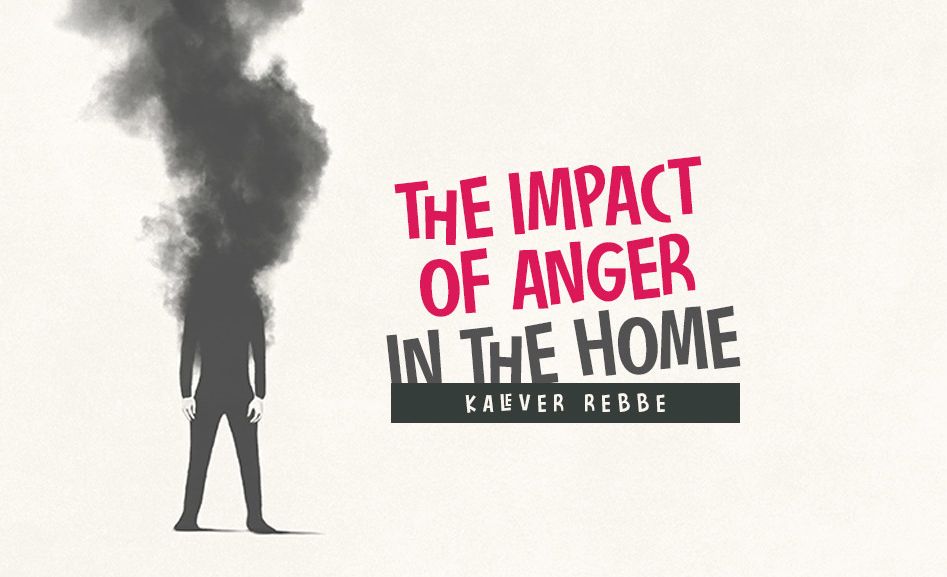
Kindness or Cruelty?
The Chinese believe that their children are capable of anything, but their methods are sadistic to Western eyes. Is this the way to get results in helping our children succeed?

“Western parents worry a lot about their children’s self-esteem. But as a parent, one of the worst things you can do for your child’s self-esteem is to let them give up. On the flip side, there’s nothing better for building confidence than learning you can do something you thought you couldn’t.”
This is a moderate quote from the highly controversial article that recently appeared in the Wall Street Journal, “Why Chinese Mothers are Superior” by Amy Chua, the author of her autobiographical book “Battle Hymn of the Tiger Mother”. In the article, Amy writes about the infamously notorious Chinese parenting methods, and how they differ from the Western model. I sent the article to my family and friends with the subject line: “Fascinating and Horrifying at the Same Time”. However, since then, I’ve done a little introspection and am seeing it  in an entirely new light.
in an entirely new light.
In the article Amy candidly confesses to what Westerners would call child abuse: name calling, food deprivation, withholding of simple childhood pleasures, even not allowing her daughter time to go to the bathroom: all in the name of self- discipline, achievement, and, most surprisingly: self-esteem.
Now I’m stating emphatically from the beginning of this article that in NO WAY WHATSOEVER am I advocating these exceedingly harsh parenting measures! Not for humans, anyway….
Having firmly lodged my disclaimer, I will now say this: since I am a follower of Rabbi Nachman of Breslev, and try to take his advice, I am “pledging the first”: that is, I’m looking at the first Torah of his work “Likutei Moharan” and trying to take it to heart. In it, Rabbi Nachman teaches us to look for the innate wisdom in every little thing, and to come closer to Hashem from within this wisdom. And so, I asked myself why this article came to my attention. And from something seemingly distasteful at best and downright disgusting at worst, I have learned to see the good in my current situation, which has given me a lot of strength and, more importantly, the ability to thank Hashem for it, which I’ve been praying for intensively.
Here’s the part of the article that made me think twice: In it, Amy recounts how her daughter had to learn a certain difficult piano piece that was particularly challenging for her young coordination. She just couldn’t do it. But Amy, like her Chinese counterparts, she asserts, believes that children can do anything and wasn’t giving up. Here’s what happened after a sometimes cruel and vicious struggle, and you will be shocked, but bear with me…
Lulu couldn’t do it. We worked on it nonstop for a week, drilling each of her hands separately, over and over. But whenever we tried putting the hands together, one always morphed into the other, and everything fell apart. Finally, the day before her lesson, Lulu announced in exasperation that she was giving up and stomped off.
“Get back to the piano now,” I ordered.
“You can’t make me.”
“Oh yes, I can.”
Back at the piano, Lulu made me pay. She punched, thrashed, and kicked. She grabbed the music score and tore it to shreds…..
…….I rolled up my sleeves and went back to Lulu. I used every weapon and tactic I could think of. We worked right through dinner into the night, and I wouldn’t let Lulu get up, not for water, not even to go to the bathroom. The house became a war zone, and I lost my voice yelling, but still there seemed to be only negative progress, and even I began to have doubts.
Then, out of the blue, Lulu did it. Her hands suddenly came together—her right and left hands each doing their own imperturbable thing—just like that.
Lulu realized it the same time I did. I held my breath. She tried it tentatively again. Then she played it more confidently and faster, and still the rhythm held. A moment later, she was beaming.
“Mommy, look—it’s easy!” After that, she wanted to play the piece over and over and wouldn’t leave the piano. That night, she came to sleep in my bed, and we snuggled and hugged, cracking each other up.
Wow. I was stumped. I didn’t know what to think. All that cruelty, and a happy ending after all, so it seemed. Suddenly I thought of my own experience as a young and talented pianist with a seemingly tough mother, which was the catalyst for this article. I too, had to practice for hours, and, one day, was also stumped by a certain piece. Frustrated beyond return, I bashed the piano, slammed the lid, and screamed; “That’s it! I’m NOT PRACTICING ANYMORE !!!!!!!”
My mother appeared and said, quietly “Look, if you won’t practice, that’s fine with me, but you’ll have stop the lessons because otherwise, it’s just a waste of money.” Then she walked away.
When I apply Amy’s story, and my own personal incident, to my life today, I am able to internalize an important message that has eluded me until now, by observing the differences.
In the article, the mother wants the child to do something. When challenged, the mother digs in for the fight. In my story, my mother, when challenged, stated her position and then left me to figure out what would happen next.
This is what Hashem does with us when He cares enough to give us a message. What we do with His messages is up to us. When we have a problem, a message from Hashem in disguise, do we thrash around and fight through it, resisting change although we know it’s good for us? Or do we buckle down and do what needs to be done? Or even better, do we take a good look at what is going on and do some introspection before acting?
Here is what happened to me after my mother left the room. I was stunned. I was shocked. My mother was willing to give up on me! Me? How could she just let go like that, years of work, all that untapped potential? I realized then that I was not yet ready to give up, and that I actually valued everything she had done for me although until that moment I hadn’t realized until it was almost taken from me. Even the dreaded practicing.
And so it goes with Hashem. He is our Father, and his parenting style depends on us. If we are sensitive to his messages, we may be lucky enough to get through life “Western” style. That is, listening to Him, doing some introspection, and not needing more from Him than perhaps a gentle admonition, as I got from my mother. However, if we are stubborn, and deny His messages, we may be unlucky enough to get the “Chinese” version: some harsh reminders about what is required of us.
Now here’s the eye-opener for me: It doesn’t really matter which parenting style we get, since both come from love. Sometimes Hashem needs to send us suffering beyond our comprehension, but it is out of love and Divine knowledge that we are capable of surpassing the challenge and reaching greater heights. It is also often due to our ignoring earlier warning signs, or, as Rabbi Lazer Brody puts it, not accepting the tiny tribulations.
What I didn’t realize until now, however, is that, the worst possible thing that could happen is for Hashem to “give up” on me, as my mother threatened to do that day. It worked. There is nothing worse for a child than a parent who would be prepared to give up on them. It’s better to be nagged a thousand times than to be pushed aside. I imagine that had I given up, I would have been angry at my mother years later for having let me indulge my childish outburst. As it is, although I really, really hated to practice and resented my mother deeply at the time, I have since told my mother many times over how grateful I was that she was so persistent since my playing is intact and I am eternally grateful for my ability.
And that was the gift that Hashem gave me with the story of Amy Chua.
For a long time now, I have been asking Hashem to help me honestly and truthfully thank Him for my problems. My emuna had ground to a halt in the “thanking for the negatives” department, which is no small matter, since it is a positive commandment to do so.
Through linking Amy’s story with my own, I have finally understood how I can honestly thank Hashem for my troubles. As long as He is communicating with me, I know He cares. G-d forbid He should give up on me, and leave me to do “what I want”. Since I know that I am many light years away from perfect, I should expect many more good years of challenges and growth from my Heavenly Father. And when the going gets really tough, I’m not going to beg Him to stop, but I’m hoping that I will really, really, mean it when I thank Him for going to all the trouble, pun absolutely intended.











Tell us what you think!
Thank you for your comment!
It will be published after approval by the Editor.